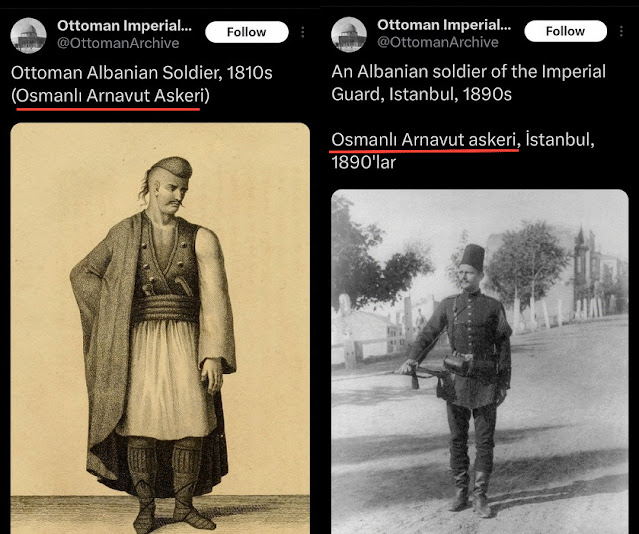Alexander the Great Brought the Apricot to Epirus - Alexandri Maqedonise solli Kajsine ne Epir
This fruit is Mala Armeniaca or Mala Epirotica, Apricot, or Kajsi in Turkish. Alexander the Great brought the Apricot from Armenia to Greece and Epirus that was part of Greek Macedonia. Greeks call the Apricot μῆλα ἀρμενιακά or Ηπειρωτική μηλέα.
Romans called the Apricot "Praecotia"
Ky frut është Mala Armeniaca ose Mala Epirotica, ose Kajsi në Turqisht. Aleksandri i Maqedonise Helne e solli Kajsinë nga Armenia në Greqi dhe Epir qe ishte nen Maqedonine Helene. Grekët e quajnë kajsine μῆλα ἀρμενιακά - Mollë armene ose Ηπειρωτική μηλέα
Romakët e quanin kajsinë "Praecotia".
Pedanius Dioscorides, "the father of pharmacognosy", was a Greek physician, pharmacologist, botanist, and author of De Materia Medica, a 5-volume Greek encyclopedic pharmacopeia on herbal medicine and related medicinal substances, that was widely read for more than 1,500 years
He wrote that Epirotica Mala (Apricot) was good for the stomach and supports urinary health. He also says that Latins called it Orbiculata.
Pedanius Dioscorides, "babai i farmakognozisë", ishte një mjek Grek, farmakolog, botanist dhe autor i "De Materia Medica, një farmakope enciklopedike Greke me 5 vëllime mbi mjekësinë bimore dhe substancat medicinale të lidhura me të, që u lexua gjerësisht për më shumë se 1,500 vjet.
Ai shkroi se Epirotica Mala (kajsia) ishte e mirë për stomakun dhe ndihmonte shëndetin urinar. Ai gjithashtu thotë se Latinët e quanin Orbiculata nga forma e saj e rrumbullaket.
The German theologian and botanist Otho Brunfels mentioned Pliny and Dioscorides in their book and said that the apricot, Mala Epirotica, has good constipation-fighting properties.
Teologu dhe botanisti Gjerman Otho Brunfels përmendi Plinin dhe Dioskoridin në librin e tij dhe shkruan se kajsia ose Mala Epirotica, ka veti të mira në luftimin e kapsllëkut.
The Bible makes reference to the Epirotica Mala, also known as Prunus Armeniaca, following the death of Alexander. The Apricot, Mala Armeniaca, Prunus Armeniaca, and later Mala Epirotica is thought to be the apple originally referenced in the Bible.
Bibla i referohet mollës ose kajsise Epirotica Mala, e njohur edhe si Prunus Armeniaca, pas vdekjes së Aleksandrit. Kajsia, Mala Armeniaca, Prunus Armeniaca dhe më vonë Mala Epirotica mendohet të jetë molla e përmendur fillimisht në Bibël.
Greeks call the Apricot βερίκοκο. In Persian it was called Barkuk and in Armenian it had the same sounds for Apricot BRQWQ. Since the Apricot ripens before the peach the Romans called it PRAECOC or Praecotia. The Byzantine Greeks converted πρεκόκκιον (or perhaps the original |Armenian name) into ẞepíkoкon
Grekët e quajnë kajsinë βερίκοκο. Në Persisht, kajsia quhej Barkuk dhe në Armenisht kishte të njëjtat tinguj për kajsinë BRQWQ. Meqenëse kajsia piqet para pjeshkave, romakët e quanin PRAECOC ose Pracotia qe do te thote "e hereshme" ose "e parakoheshme"
Grekët Bizantinë e kthyen fjalën πρεκόκκιον (ose ndoshta emrin origjinal Armen) në ẞepíkoкокon.
Kajsitë u mbollen për herë të parë në Angli në vitin 1540. Bimët u importuan nga Epiri.










